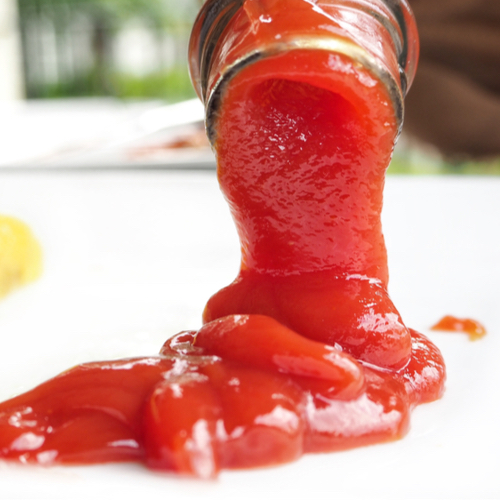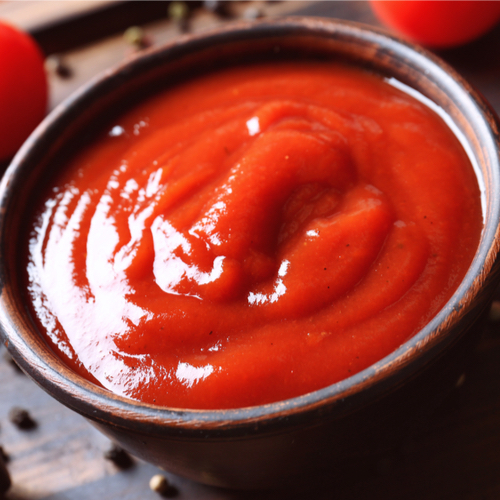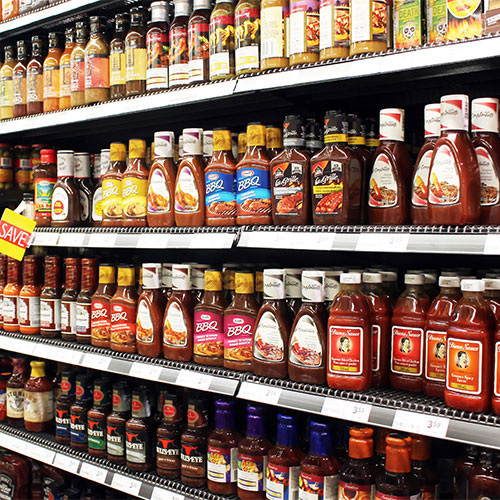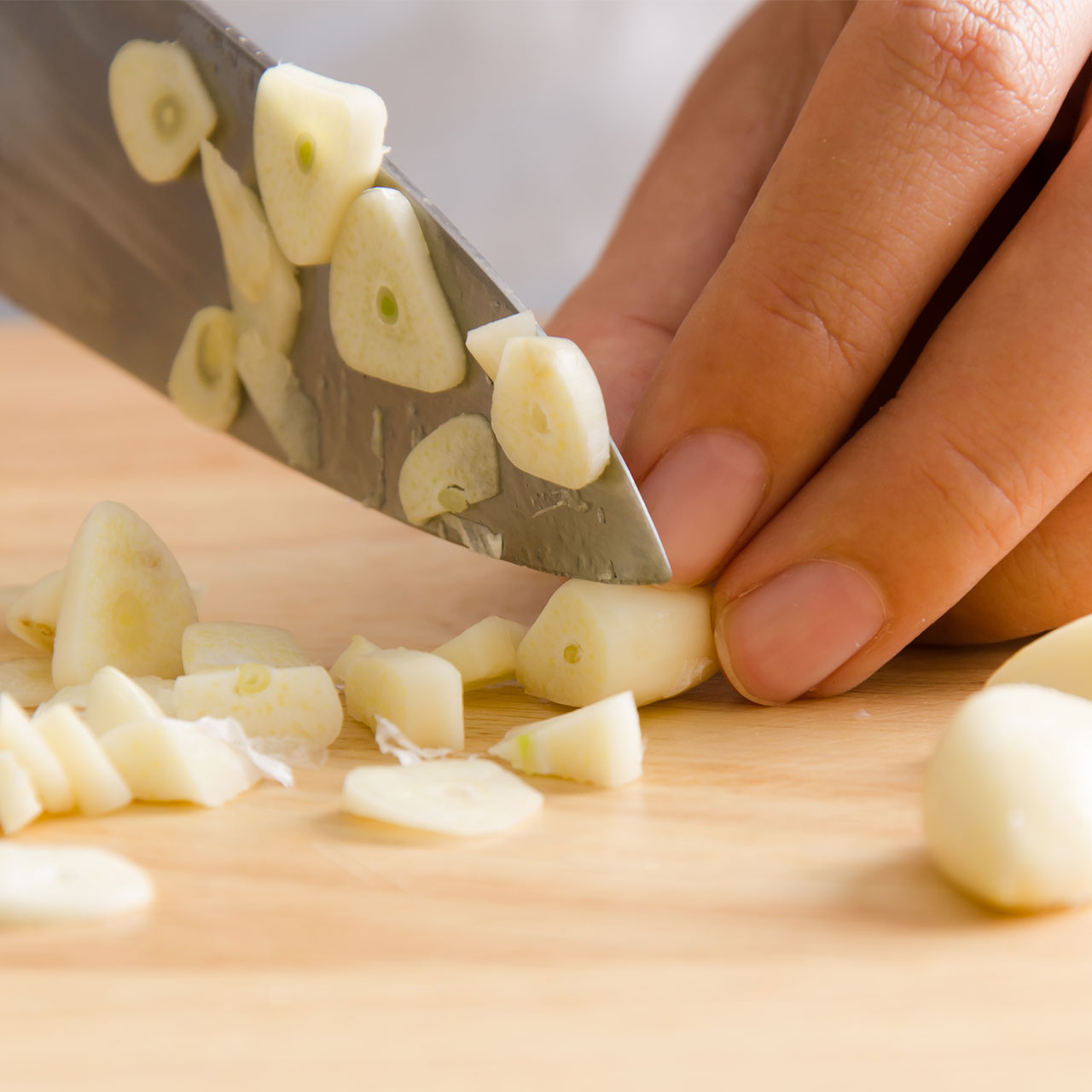This is an archived article and the information in the story may be outdated. Please check the time stamp on the story to see when it was updated last.
Condiments are one of the most down-played components of your diet, but that does not mean they are unimportant. Depending on the condiment you choose, you could be adding empty calories, sugar, and sodium to your diet without even realizing it. In fact, it’s because people often neglect to factor condiments into their dietary choices that they can pose such a problem.
Likewise, it’s important to keep condiments in moderation and pay close attention to their nutrition labels. In particular, avoid adding too much ketchup to your diet.


Skip the ketchup
Ketchup is one of the most popular condiments, but it's not one you want to be using too liberally, especially if you are hoping to drop a few pounds. Not to mention, ketchup is often paired with less-than healthy food options (like burgers and fries). With that in mind, if you are working to shed some weight, consider skipping the ketchup--or at least using it with moderation.
Keep reading for exactly why.

It's full of sugar
Ketchup is a sugar-heavy condiment. According to Insider, "Ketchup is one of the biggest culprits among condiments that are high in sugar. Just one tablespoon of Heinz Ketchup contains 4 grams of sugar, according to the brand's website."

It's high in sodium
One tablespoon of ketchup has around 190 milligrams of sodium, which adds up quickly.
According to Food Network, "Consuming 8 tablespoons of ketchup will have you reaching your sodium needs for the entire day, so if you like to pour on the red stuff, it's easy to overload on sodium."
READ MORE: 4 Anti-Inflammatory Condiments Doctors Say You Should Add To Your Eggs


























